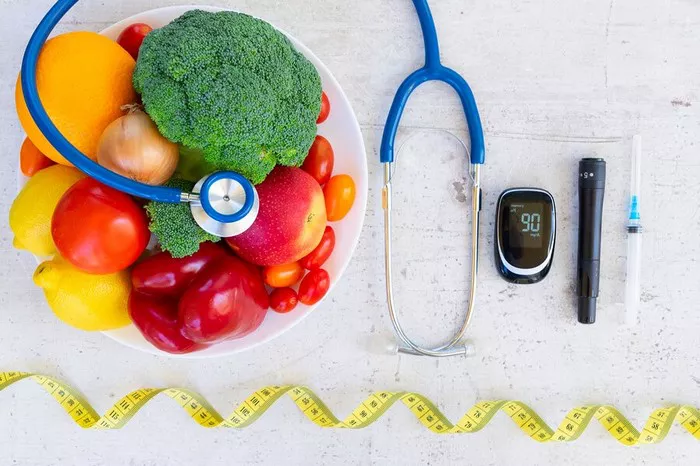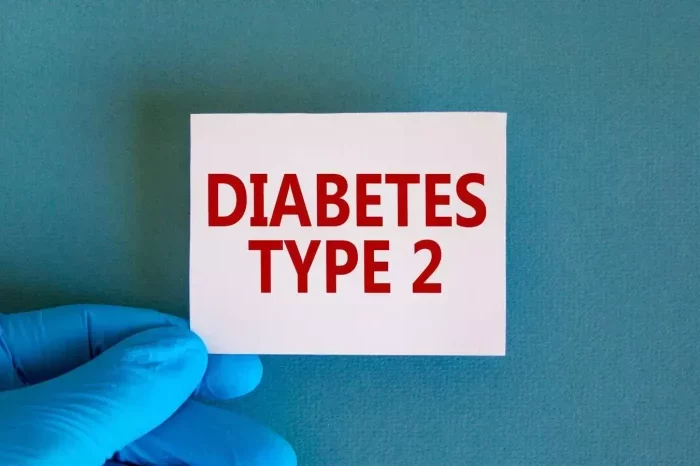A pioneering initiative led by Joyce Lee, a clinical professor at UC Irvine, aims to combat prediabetes through a unique collaboration with Albertsons supermarkets. The project integrates personalized health coaching into the supermarket environment to support individuals at risk of developing Type 2 diabetes.
According to the Centers for Disease Control and Prevention (CDC), approximately 38.4 million Americans have diabetes, with 90 to 95 percent having Type 2, largely influenced by lifestyle factors. Alarmingly, 8.7 million are unaware of their condition, while an additional 97 million have been diagnosed with prediabetes, significantly increasing their risk of progressing to diabetes.
Lee, a founding faculty member of UC Irvine’s Department of Clinical Pharmacy Practice, has initiated a novel approach to address this issue. Her pilot program, launched earlier this year in partnership with Albertsons supermarkets, seeks to reduce the prevalence of diabetes by providing on-site health coaching to individuals with prediabetes during their grocery shopping.
“The goal is to make small, manageable changes in people’s daily lives that lead to substantial health improvements,” Lee explains. “Pharmacists, as trained frontline healthcare professionals, are ideally positioned to offer more than just medication management—they can provide essential nutritional guidance and support.”
The program invites patients with prediabetes to consult with Albertsons pharmacists—acting as health coaches—while they shop. These pharmacists offer tailored advice on nutrition and lifestyle modifications directly within the supermarket. “Often, individuals with prediabetes don’t experience symptoms and may not prioritize their nutrition,” Lee notes. “By integrating healthcare into their routine shopping trips, we aim to make healthier choices more accessible and less disruptive.”
Funded by a UC End Disparities grant awarded in November 2023, the pilot project has shown encouraging results. “Within three months, six participants had completed the program and returned to normal glucose levels,” Lee reports.
The initiative combines in-person coaching with digital follow-up. Participants receive phone calls and educational materials to reinforce healthy habits and active lifestyles. Their progress is monitored, and referrals to certified dietitians are made as necessary. Health data is also shared with primary care providers to ensure comprehensive care. The flexibility of choosing from Albertsons’ 35 locations in Orange County helps address transportation barriers for underserved populations.
If successful, the program could influence insurance policies and expand support for prediabetes management. Lee emphasizes the potential cost benefits, noting that diabetes incurs significant medical expenses—$19,736 annually per patient in 2022, with approximately $12,000 directly related to diabetes. “Investing in prediabetes prevention could provide a practical solution to curbing diabetes and reducing overall healthcare costs,” Lee concludes.
This innovative approach to prediabetes management represents a significant step forward in integrating healthcare into daily life and may set a precedent for future healthcare practices and policies.
Related topics:
Marine Snail Venom May Inspire New Diabetes and Hormone Disorder Treatments
Healthy Habits Can Reduce Type 2 Diabetes Risk for All, Study Shows

























